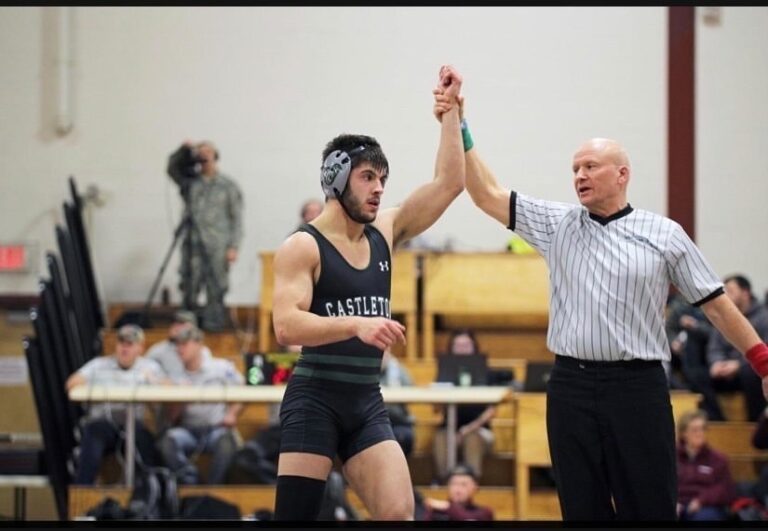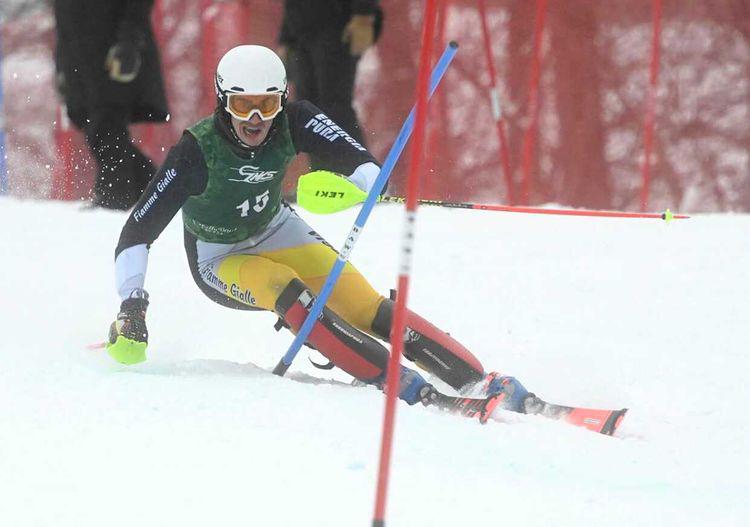Texas freeze hits CU, highlights social issue
It was deeper than a power outage
On the week of Valentine’s Day, Texans were faced with record breaking freezing temperatures that left most of the state, if not most of the country, covered with snow and ice for days.
Millions of Texans were left without electricity and water for days, with a power outage that was seen from space. Twenty-four people died due to this storm, from either carbon monoxide poison or house fires from trying to get warm – and some from the cold itself.
Expensive hotel rooms were some of the only places many could go to stay warm. Numerous posts on social media could be found with people from northern states mocking Texans, many of whom had never experienced such cold temperatures.
Caezar Williams, a Castleton University student and Spartans football player from Texas, says that his family didn’t lose power or access to water, but he said many of his friends did.
Williams said despite being a Texan, he is used to the cold now that he’s had time to acclimate to the weather changes.
“People think that I’ve never seen snow before,” Williams said when asked about how Texans have been impacted. “I’ve seen it like four of five times in my life.”
And he has seen the jokes about the storm and its devastation.
“The cold weather and snow shut down Texas faster than the pandemic,” one TikToker joked. Others on social media, such as Marcus Dipaola, made their jabs political, saying that this is what the state deserved for voting for republicans
Williams spoke about the recent posts making fun of Texans’ reaction to the cold weather as funny and light-hearted.
“That’s the world for you,” he said. “People make jokes about bad situations.”
The polar vortex not only brought up jokes about the South versus the North, but also brought up discussions on the storms’ effect on society.
The people most affected by the storm were people in lower class families, while downtown Austin and parts of Dallas thrived on with power.
Professor Paul Derby, chair of Sociology, Criminal Justice, Social Work and the Women’s and Gender Studies Department, says that although he hasn’t spent much time there from a Sociological standpoint, he said, “the poor and minorities have felt the negative affects to a much greater degree than the wealthy.”
He used Texas Senator Ted Cruz as an example, for fleeing to Cancun with his family in the midst of this natural disaster, and during a pandemic, no less.
He also mentioned the little boy who died of hypothermia.
“His family’s trailer home did not provide sufficient protection from the cold and they did not appear to have other viable options,” he said.
In response to the mocking from those in northern states, Derby is not impressed.
“We are in a time of great divisiveness and lack of empathy for those who are ‘not like us.’ This divisiveness of us v. them can be seen along many lines: regional, political, racial, gender, sexuality, religious, etc.,” he said.
He recalled when Castleton students helped those suffering from Hurricane Katrina in 2005, and noted that type of empathy we as a society need now.
“Rather, we seem to be blaming. Our society needs to heal, find common ground, learn how to disagree without discounting, and mitigate these divisions,” he said.
For those asking how we could go about doing so, he added, “We need to preserve this liberal arts education.”
How might that help?
“It seeks to foster equity, opportunity, and agency for all people. It teaches awareness, empathy and provides the tools to heal,” he said.








